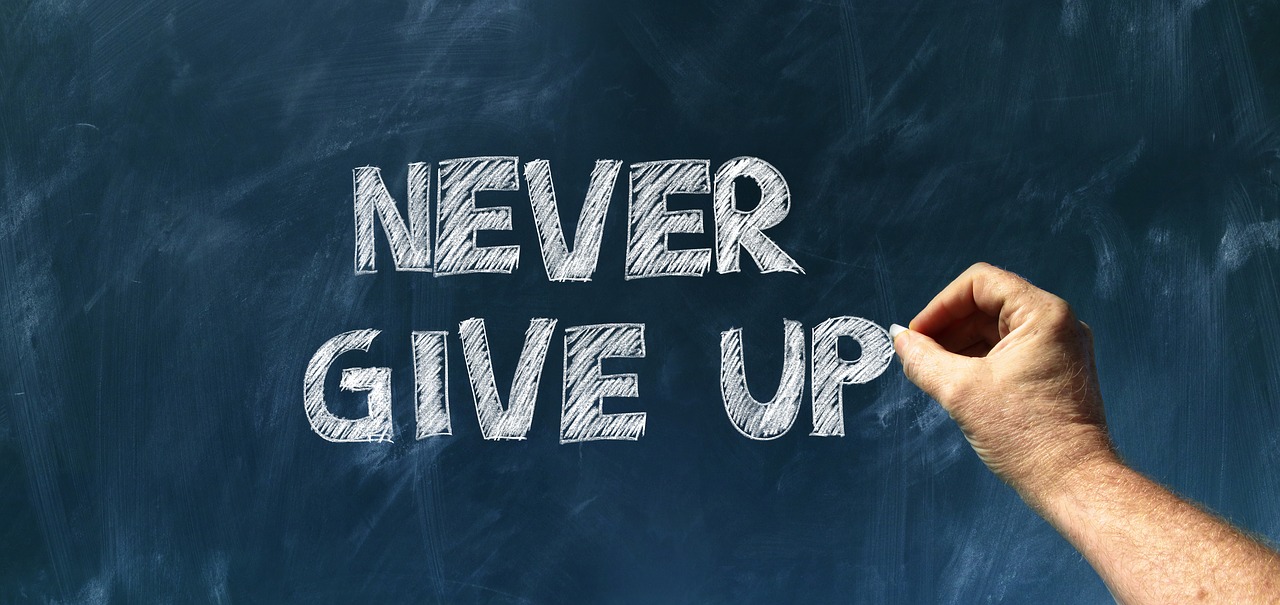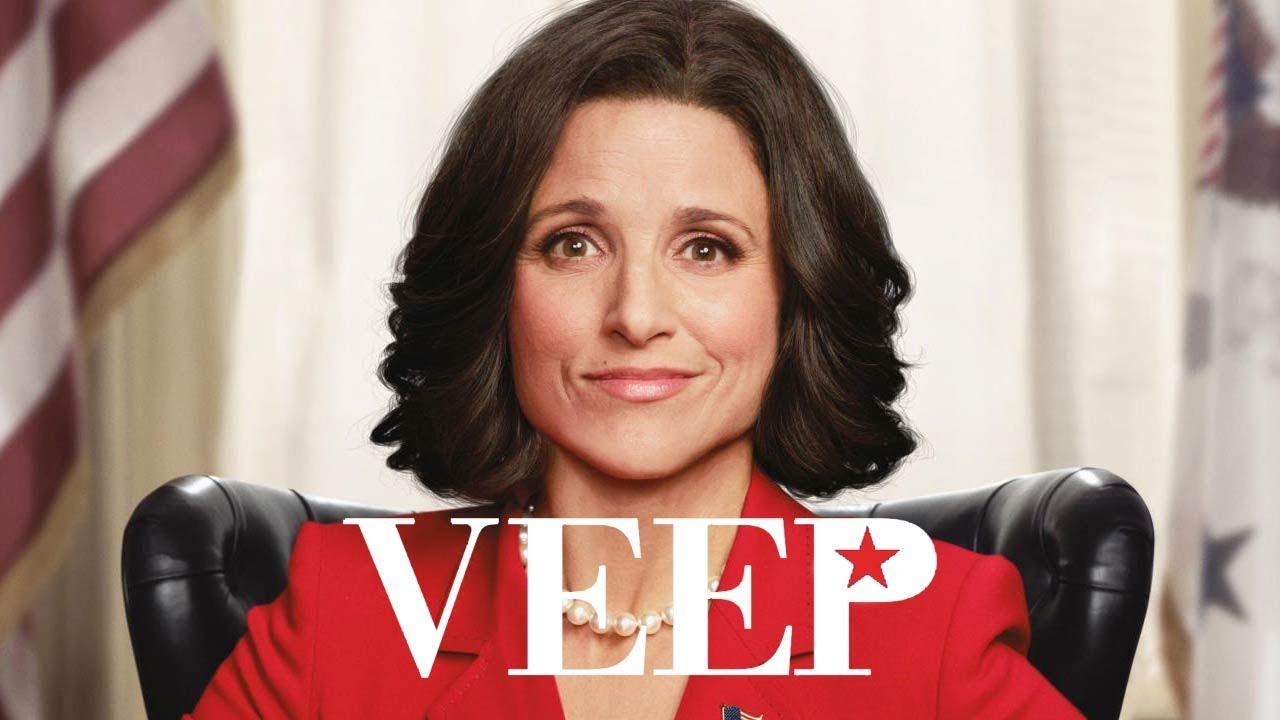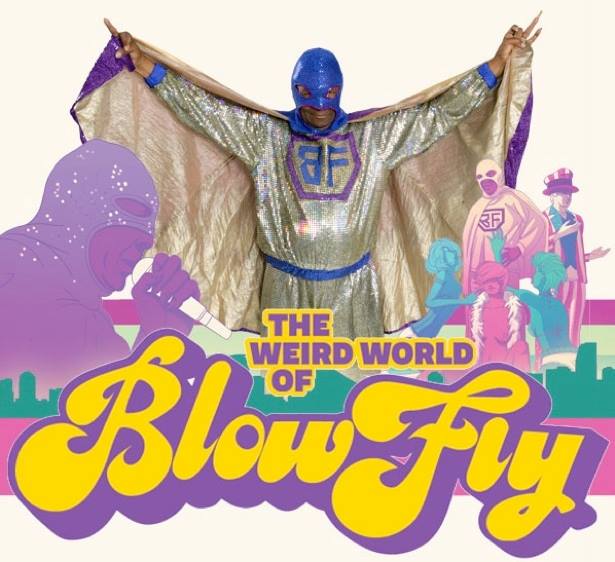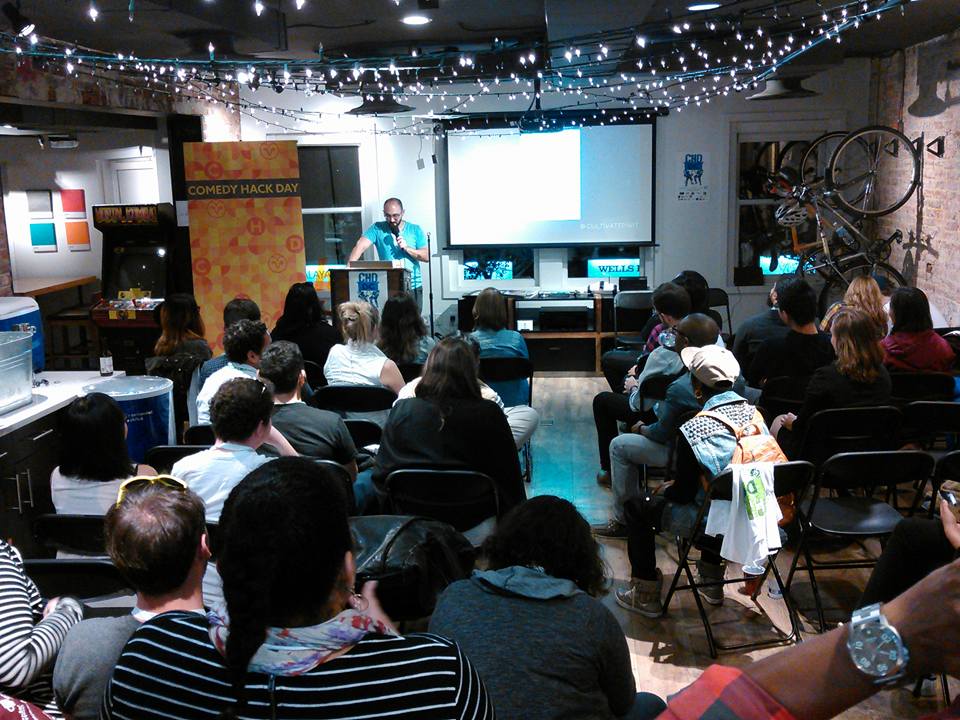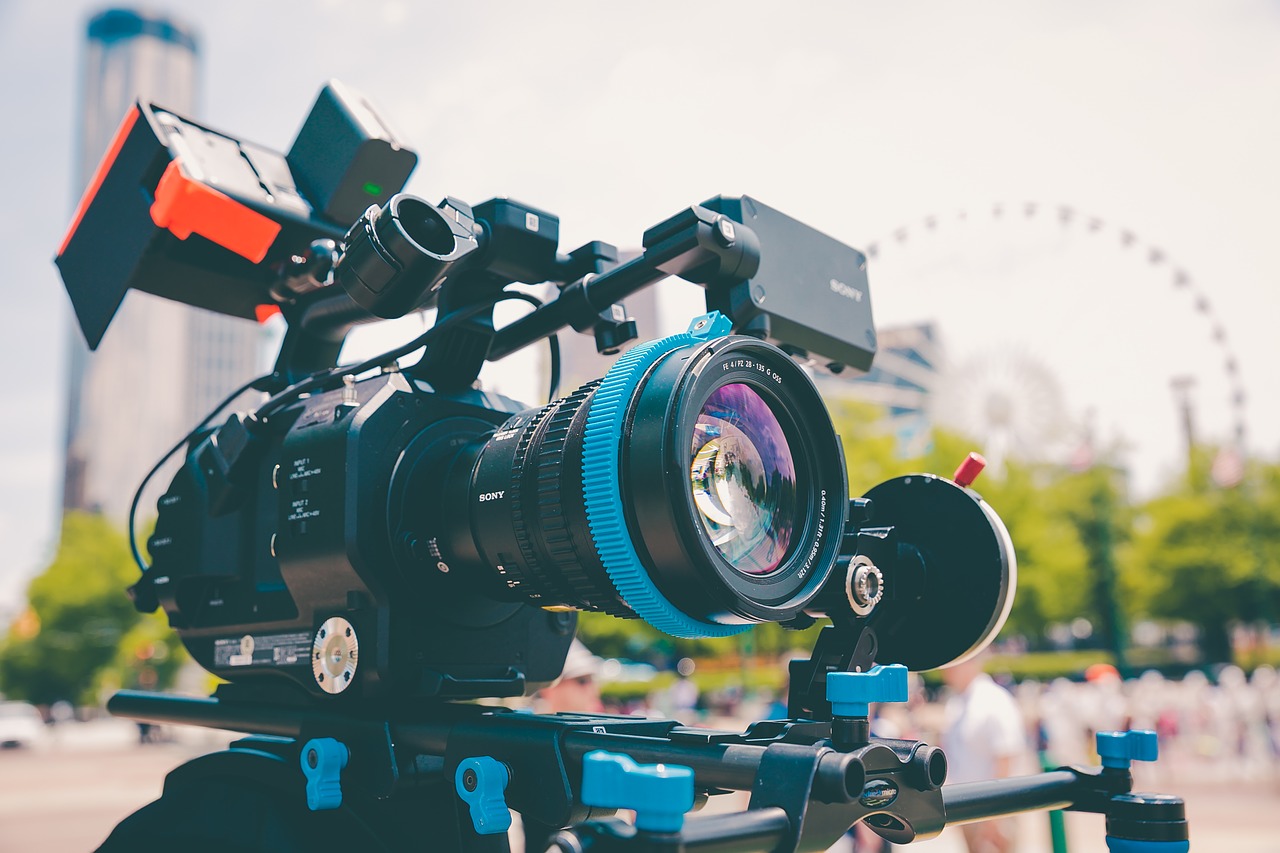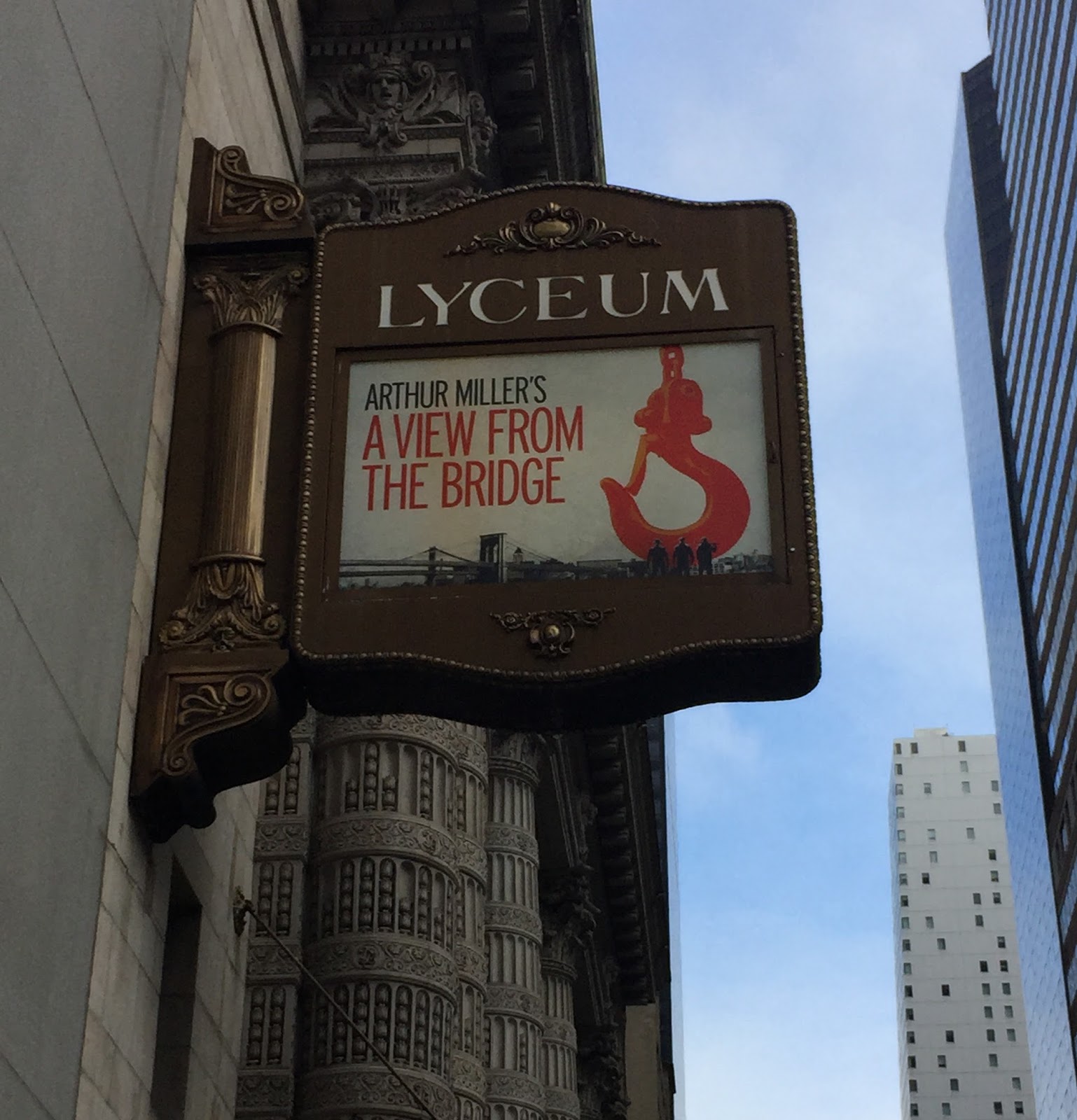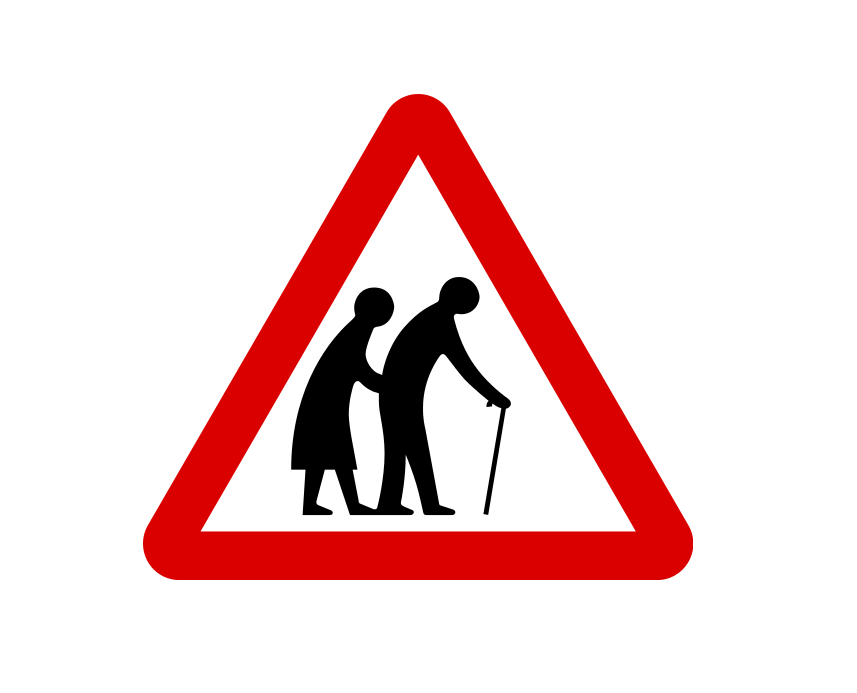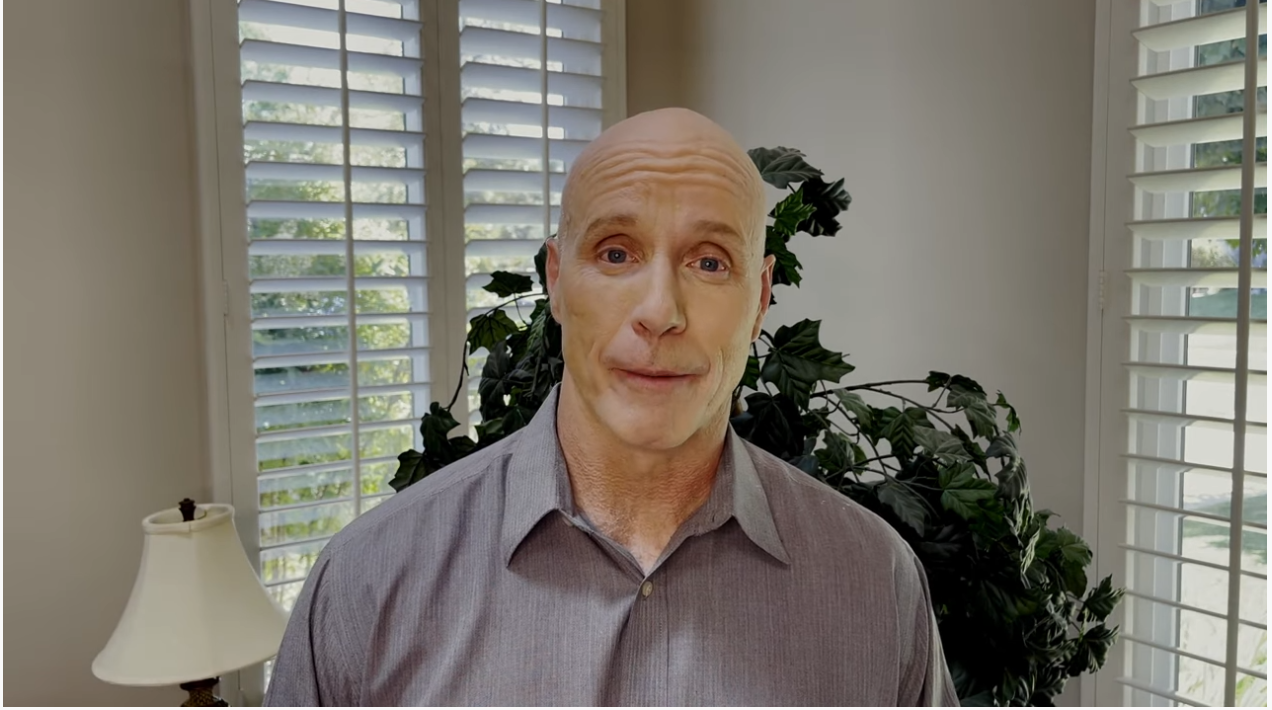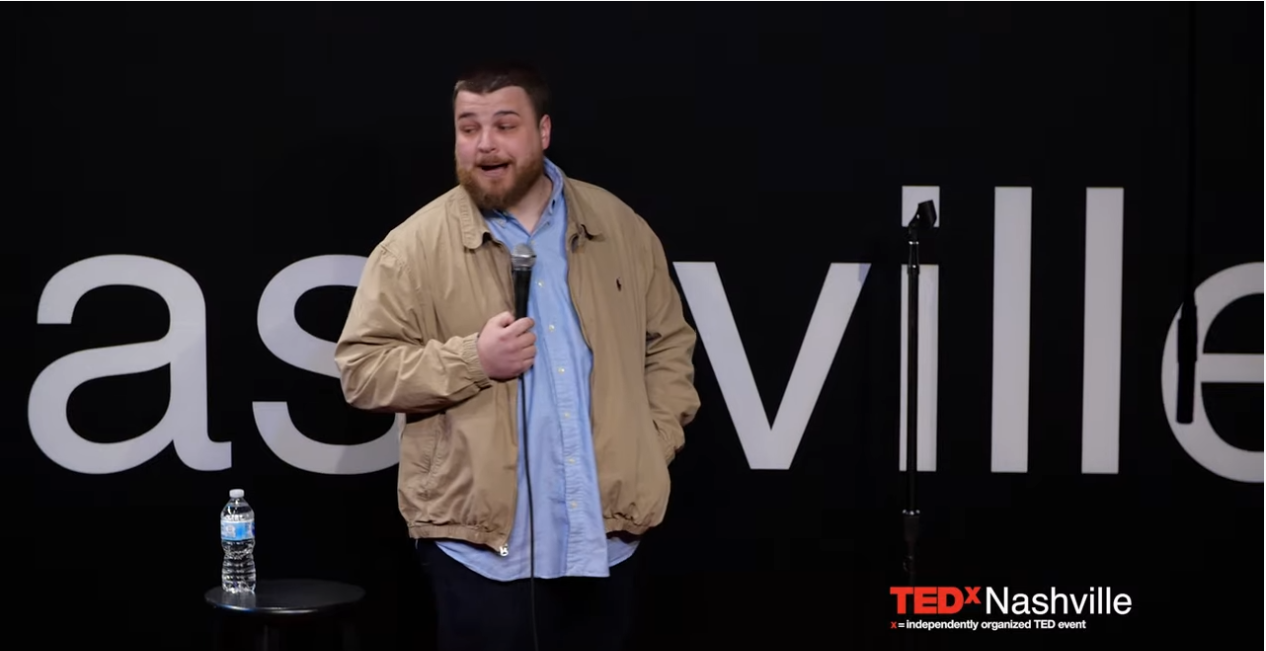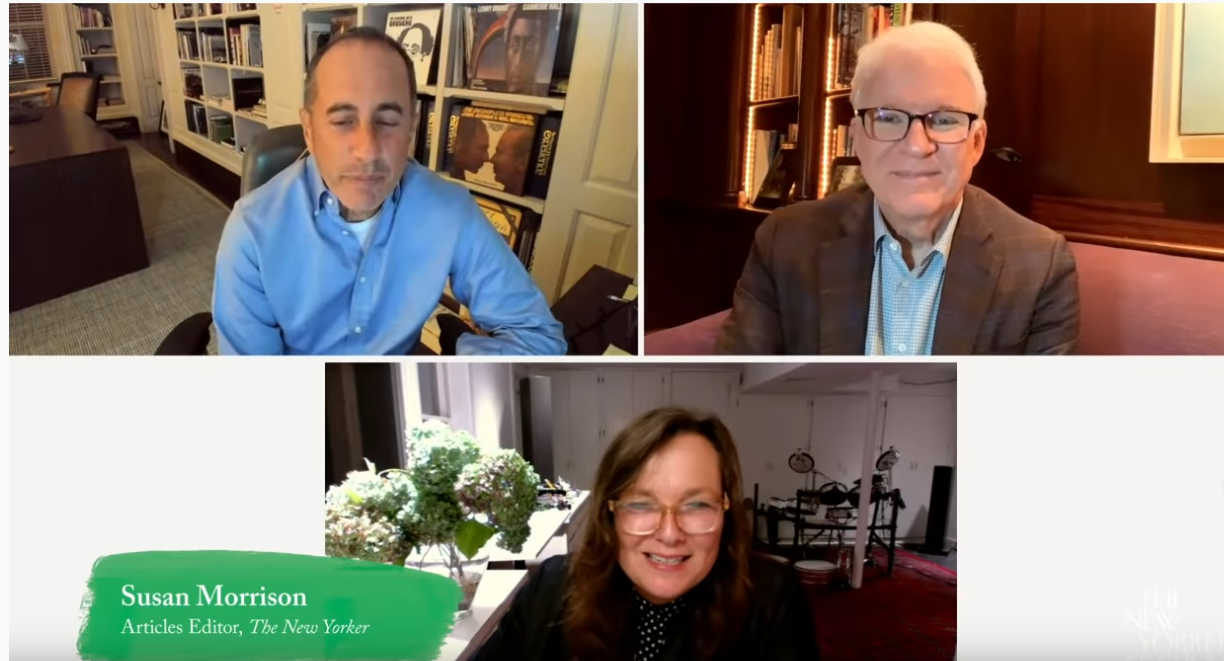
For the past two years, I debated internally if discussing topic would be of interest to anyone. During my first year in comedy, I didn’t realize the importance of asking for help when things happened that you didn’t understand. On one particular night, I was the emcee for a comedy club in Virginia, and I was on top of the world. After performing a great set, I introduced the feature act (who was also the owner of the club). He was pretty tipsy prior to getting on stage, and his performance was abysmal. Needless to say, the second show was worse than the first one.
After the shows were completed, I was ripped a new one for not introducing him properly. He felt that was the reason his act was not successful that night. Not the fact that he was drunk. Not how much he pissed off the audience to the point that some of them walked out. Acknowledging that I could not win argument with inebriated person, I allowed him to continue venting his issues.
“What do you mean you might have seen him on Def Comedy Jam? That intro was totally wrong! I was on Def Comedy Jam!” This screaming session went for 15 minutes before I walked away, but I’ll spare you the obscenities that were hurled at me during this conversation. After feeling like total crap the following day, I reached out to two comedians who previously headlined that club to ask for advice: Kevin Lee and Clay Miles.
Both of these gentlemen saved me from abandoning comedy. I was still green at that time, and didn’t understand the problems behind the problems of working in comedy clubs. They helped me understand the issues with the venue and the owner. Those conflicts had nothing to do with me, and I learned not to take it personally. Since that time, we have developed a creative and working relationship.
 Tom Dressen recently mentioned on Facebook about the death of Freddie Prinze. In his memoir Dynomite!: Good Times, Bad Times, Our Times–A Memoir, Jimmy “J.J.” Walker focused on a list of comedy writers and comedians who never got the true attention they deserved. I’m thankful that Charlie Barnett was mentioned in great detail in Mr. Walker’s book. Having watched Charlie in the Washington Square Park when I lived in NYC, I was excited when he finally reached celebrity status on the TV show Miami Vice. Unfortunately, he passed away too soon due to a life of living in the fast lane, booze, and drugs.
Tom Dressen recently mentioned on Facebook about the death of Freddie Prinze. In his memoir Dynomite!: Good Times, Bad Times, Our Times–A Memoir, Jimmy “J.J.” Walker focused on a list of comedy writers and comedians who never got the true attention they deserved. I’m thankful that Charlie Barnett was mentioned in great detail in Mr. Walker’s book. Having watched Charlie in the Washington Square Park when I lived in NYC, I was excited when he finally reached celebrity status on the TV show Miami Vice. Unfortunately, he passed away too soon due to a life of living in the fast lane, booze, and drugs.
What is my point?
Any career will suck you dry if don’t have some type of mentoring. We have idols that we admire, and possibly attempt to duplicate their work as a tribute. But reaching our full comedy potential requires a certain amount of guidance. Most performance artists have managers to help develop their careers. Comedians don’t have that luxury, so we’re left to fend for ourselves. However…this is not an impossible task with a bit of careful planning. It becomes a matter of creating your own opportunities, and working with those who believe and inspire you.
During my third year of comedy, I was fortunate to work at Riot Act Comedy Theater in Washington, DC. Thanks to John Xereas (aka John X), I acquired the experience of working in a comedy club. The level of exposure in this environment taught me to how to work with headliners, book comedy shows, and learn how set the expectations for running an A-list comedy room. Due to unfortunate circumstances, John X was forced out of Riot Act, and the DC comedy scene was robbed of a development scene for local comedians after his departure.
The knowledge and connections I made working in a comedy venue became invaluable. I learned to ask myself the following questions:
- What issues do I have with my comedy career?
- Have I taken the time to reach out to people who can help me?
- Am I willing and open up and accept criticism?
By asking the right questions to the right people, I eliminated the possibility of making simple mistakes. Can you imagine how many open mic shows would still be functioning if they took a moment to ask for assistance? A person with more experience can review the issues with the room and provide helpful feedback.
Who would you address with questions about your career? How can you prevent duplicating mistakes from comics who retired due to lack of proper knowledge? The simple answer is to ask someone who’s currently working in a position where you want to be for their insight. The key is to ensure you’re not wasting their time. I’ll discuss more about that in the second portion of this article.
Aim High!
© 2013 Wayne Manigo


